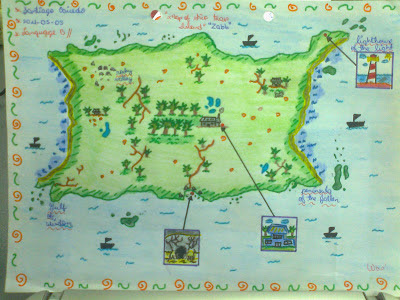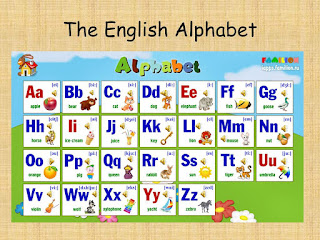English vs Spanish: Familiar
Well if we use the term FAMILIAR as a noun then it does not mean what we in Spanish know as PARIENTE. The word PARIENTE is RELATIVE in English.
If we use FAMILIAR as an adjective then the meaning is the same and also not. It is the same when the term is used as something that is commonly known to us, something we have been in contact with for a while now. One example of that is our country: we know its traditions, history and problems so that knowledge is familiar to us (if the situation is the opposite then we use the word UNFAMILIAR). As such the meaning is the same in Spanish. It is not the same if we intend to use it as something connected to our family. For instance, if in Spanish we want to say ASUNTOS FAMILIARES then in English we say FAMILY MATTERS but not FAMILIAR MATTERS, an expression with a different meaning. In other words, the word FAMILY is not only a noun but also an adjective. In Spanish FAMILIA is a noun but never an adjective.
English has an extra meaning for the term FAMILIAR, one Spanish does not have.
"A FAMILIAR in Western demonology is a small animal or imp kept as a witch's attendant, given to her by the devil or inherited from another witch. The familiar was a low-ranking demon that assumed any animal shape, such as a toad, dog, insect, or black cat. Sometimes the familiar was described as a grotesque creature of fantasy, an amalgam of several creatures." (Encyclopedia Britannica)
Do we have something like that in Spanish? I don't think so which is Ok with me because that definition of Familiar is a bit creepy. Then again is anything creeepier than the Tzanzas of the Ecuadorian Amazon region?




Comments